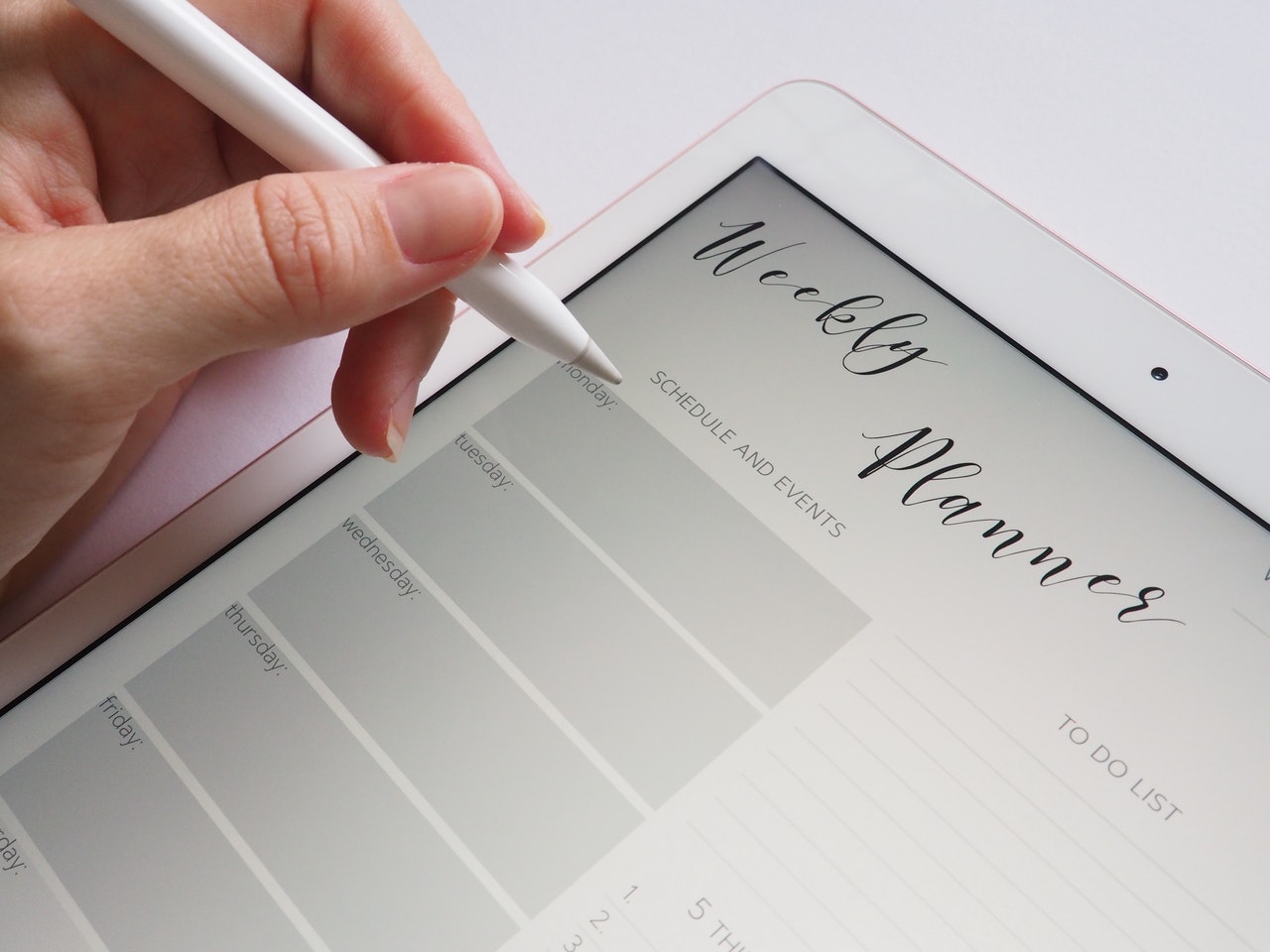How To Adapt Your Business Following The Pandemic
The ongoing pandemic has had a profound impact on everyone across the globe. If you’ve had a small business throughout this period, you’ll know that things have changed rather dramatically. To assume that you can carry on as normal would be naïve at best! When you look ahead to the future, you need to know how to adapt your business to the current climate.
What can you do to adapt? How should you change or alter your business following this pandemic? There are many talking points and ideas to consider, and you can see all of the main ones in the post below:
Embrace outsourcing
If your business was like the majority of other businesses in the pandemic, then you suffered a big financial loss. Money was hard to come by, but you just managed to stay afloat. Now, you need to focus on getting yourself to shore and building your business back up.
To do this, you should adapt by embracing outsourcing. This should replace the traditional idea of hiring employees for everything. There are plenty of things your business can – and should – outsource. Marketing is one of those things, as is accounting. By outsourcing more jobs and services, you can reduce your overhead costs by limiting how many permanent employees you have. This can help you offset some of the losses you made during the peak of the pandemic.
Set new goals
A problem lots of small business owners are currently facing is the inability to reach their goals and targets. Typically, this is because they are still aiming for the same goals they set pre-pandemic. It is simply not feasible to achieve these goals as they were created at an entirely different time.
Unfortunately, business owners get into the bad habit of trying to force their way to these goals. Otherwise, they feel like they’ve failed. You had such high hopes for your business at the end of 2019, and it’s hard to see how far off you are from your targets. But, remember that unforeseen circumstances put you in this position. You were never to know that a pandemic would come along and cause so much havoc.
Consequently, you need to reassess your goals and set new ones. Start from scratch, and this will help you gradually grow your business and get back on the right path. It’s all about learning to adapt to the situation by moving the goalposts. If you aim too high, you are destined to fail.
Consider the work-from-home approach
The pandemic brought about major changes in how businesses operated. I think the biggest one was that it forced people to work from home. This meant many companies that have worked in a traditional office setting experienced what it was like to stay at home and work. Surprisingly, many companies found this to be a better approach, and plenty of businesses have permanently closed their offices in favor of remote working.
If you want to adapt to live following COVID, you may want to consider the work-from-home approach. Either that or you implement some type of hybrid workplace where people can go to the office, but they can also work from home. In either case, you can benefit by saving money and increasing productivity.
Completely working from home will reduce any office costs, saving an absolute fortune every month. Likewise, it can encourage more productivity as people can work in an environment that helps them concentrate better than in an office. However, speaking of office environments, there are individuals that may be more productive in one. This is why a hybrid idea is beneficial as you can downsize – reducing office costs – yet give people a choice in how they work. If they feel more productive in the office, they can work there. If there are employees that do better at home, you keep them there!
Change your business model
Changing your entire business model might be necessary following life in a pandemic. Why? Because consumer behavior has changed during this time. For example, more and more consumers are now shopping online, limiting physical interactions in actual stores. If you run a retail business, the only way to keep afloat could be by switching to an eCommerce approach. Nobody is visiting your store anymore, so it’s a waste of money keeping it up and running. Instead, you can open an online store and work on driving customers and traffic to it.
You get the idea, and this applies to any business during this difficult time. Look at the way you do things, then compare it to how consumers are now doing things. The same goes for B2B companies as well; businesses have changed how they operate nowadays. Imagine you run a consultancy firm – you used to make in-office visits all the time to provide services. Now, your clients are all working remotely, so what do you do? Adapt your business model by offering virtual consultations instead. It makes clients feel safer as you minimize physical contact, and you also cater to clients that have changed the way they work.
To put this another way, you need to pivot your business. Look at what you offer, and consider if this still holds up in the current climate. Many small businesses have enjoyed success during the pandemic because they changed their approach early on. They recognized that, in order to survive, they had to alter the way they operated. If you can do this, you can still be successful.

Focus on health & safety
The ongoing pandemic should’ve given you a great big kick up the backside when it comes to health & safety. Naturally, as businesses started opening again, they were forced into putting safety measures in place. This meant social distancing rules, masks being worn inside, and sanitization stations. It also means deeper cleaning of the premises every day, as well as numerous other things.
In reality, your business should continue with these things until people feel safe yet again. If you can create a safe place for people to work and come to, then you will attract more customers.
Nevertheless, we’re not just talking about COVID here. The pandemic has shown just how devastating ongoing absences can be for companies. You may have been close to shutting down as you went through a period where people were either sick or isolating. Therefore, you should make an investment in health within your business. Offer employees health benefits to ensure they are as healthy as can be. Implement strategies – like working from home – that enable people to take days off if they feel under the weather, without infecting other employees. This will minimize downtime and help your business remain productive as you look to get back on your feet.
Communicate with customers
Maintaining a strong relationship with customers is more important than ever before. As you start to emerge from your pandemic slumber, you need to communicate with customers to get their opinions on, well, just about everything!
You want to find out how they feel about your business, what services or products they are most interested in, and how their habits might have changed following the pandemic. This can help you learn what they hold most dear to them, adapting your business to target them.
For example, many consumers may admit that they value companies that reward loyalty during these troublesome times. They like businesses that see their customers are struggling, and do something to reward them for sticking with them. Whether this means free gifts or discounts – it’s up to you. The point is that you need to communicate with your customer to understand what your business should do as you move ahead.
Make contingency plans
Above all else, this is the tip you can’t afford to neglect. A contingency plan is a way of getting you out of jail if things go wrong. It’s a plan you will execute if the worst happens. Let’s say the pandemic doesn’t slow down and gets worse again this winter. An awful thought and your business will be negatively affected yet again. With a contingency plan, you detail what you will do if this happens. You already have a plan of action to cope with another lockdown or another period without being able to make much money.
It’s all about preparing for the worst-case scenarios in life. Drawing up contingency plans lets you know what should be done now to allow the plans to be effective in the future. Hopefully, you never have to use them, but you need them there just in case.
Adapting your business can be tricky, particularly after such a difficult period. However, if you don’t learn to adapt, your business will have no hope of succeeding. Adaptation is critical as we move forward in this world, helping you find new avenues and ways for your small business to succeed. Don’t give up hope; there are many years ahead of you to bounce back after a tough 2021 & 2021.


